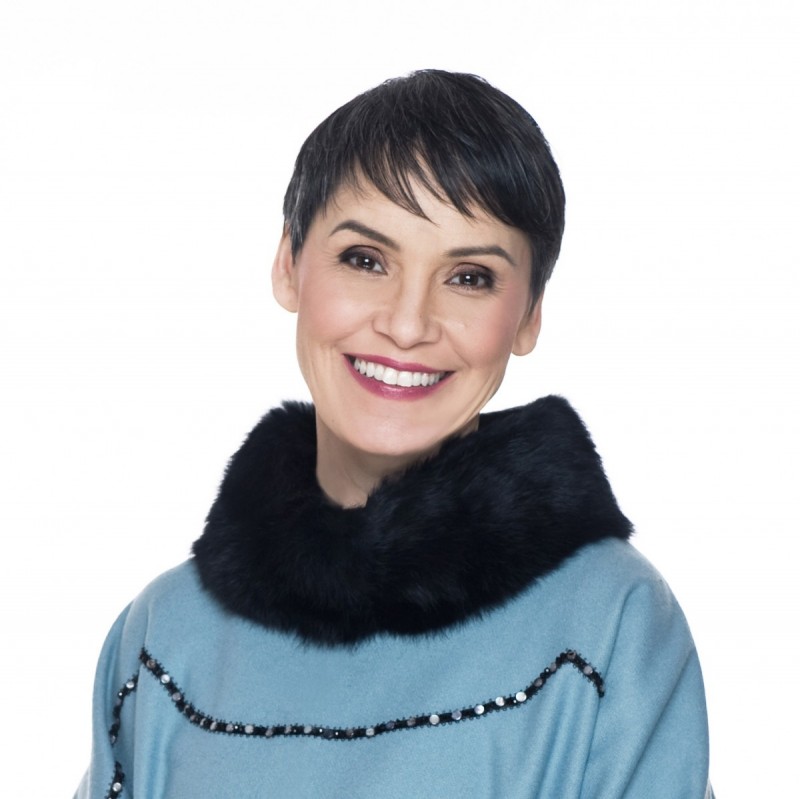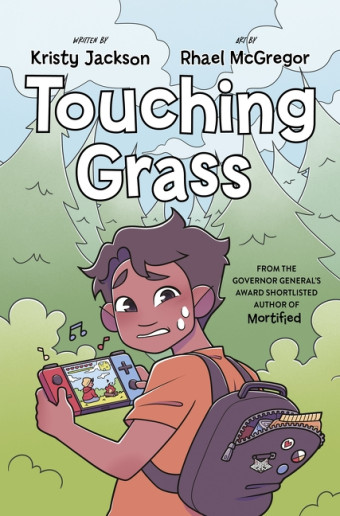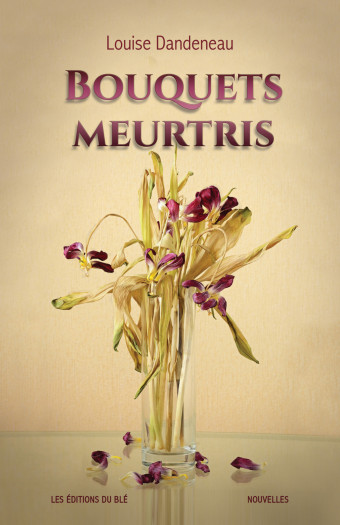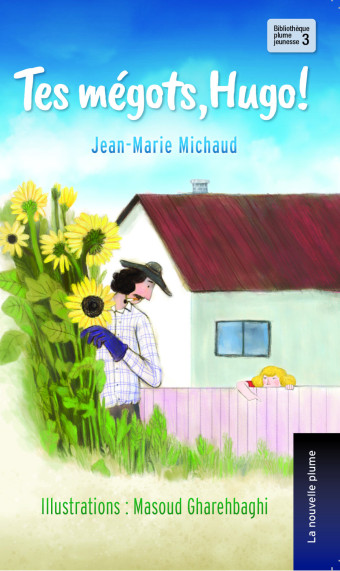Singer-songwriter Susan Aglukark’s series of historical picture books shares beautiful moments of change in the lives of her mother’s generation, the last traditional generation of Inuit in Canada’s North.

- Una Huna? Qu’est-ce que c’est?
- Susan Aglukark
- Éditions des Plaines
- $12.95 pb, 36 pages
- ISBN: 978-2-89611-845-8
“Our ancestors were beautiful, brilliant people. They have beautiful stories. Here are some examples of what that looked like,” says Aglukark.
The first in the series tells a story of camp life through the eyes of a young girl, Ukpik, and it incorporates words from the Inuktitut language, defining them in a glossary. Una Huna? What Is This? is now available in French as Una Huna? Qu’est-ce que c’est? The title question, in both Inuktitut and French, asks about cutlery, introduced to Ukpik by a visitor.
“I feel connected to Ukpik. I experienced a camp life. I have that connection,” says Aglukark.
Growing up in the North, Aglukark spoke her language and spent three or four months a year with her community in camps on the land, hunting and fishing. “We appreciated what we didn’t have. For example, we had to share utensils. But our parents had even less still,” she says. “As an older woman now, I appreciate what my mom went through.”
Songwriting is a lot like storytelling, Aglukark says. “I listened to stories from previous generations. I realized our generation had access to them but did not listen to them with ‘happy ears.’ But this was their life and they loved it. These stories are moments of the most profound change. I focus on those changes, so that children may know how profound those changes actually were.”

For Aglukark, reconciliation is about “correcting the narrative and rewriting the stories of our ancestors through the lens of this generation. As we learn, we change. We become more grounded and sure. The narrative changes.”
She says, “Our beautiful communities can be healed. We can take control of our environment. As we learn the beautiful stories, the things that might have been, we have to share them so the younger people will have them to work with.”
Written for her grandnieces and grandnephews, Aglukark’s books are for children, but many adults also appreciate the stories.
“Even our ancestors in any Inuit community knew change was inevitable,” she says. “The effects of colonization were terrible, but this is for the Inuit children, to share the bits and pieces of that history and time. We want to honour their childhood. Parts of it were beautiful and happy and joyful, and many had fond memories. We share that love.”












